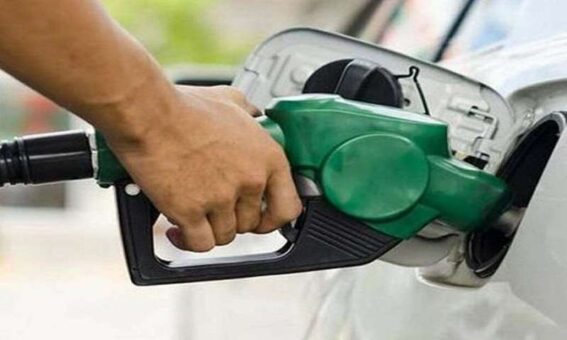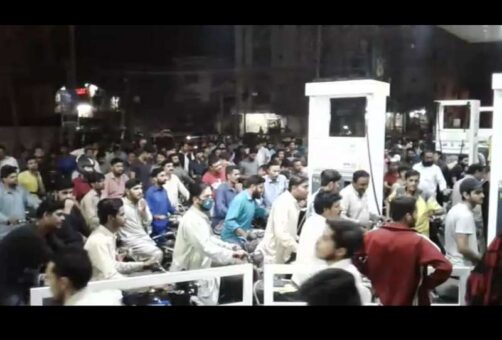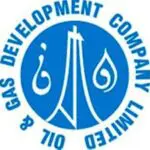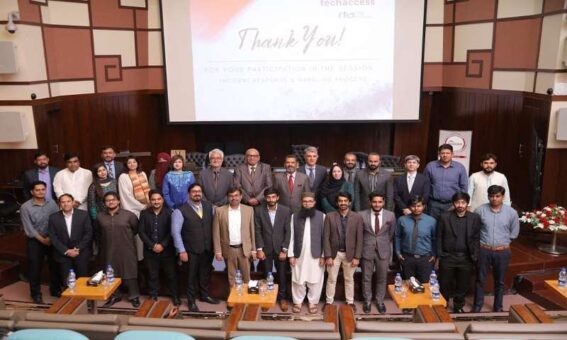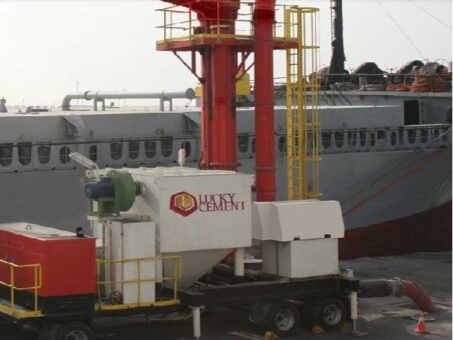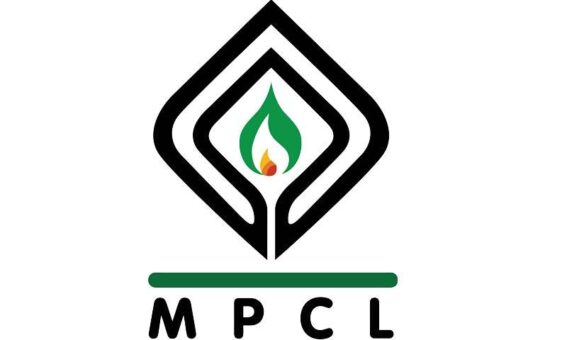Pakistan is set to review petroleum prices on September 30, 2022 for the next fortnight starting from October 01, 2022. The government will review the prices when the prices in international markets have been crashed to multi months low.
According to Reuters news agency oil prices fell $2 a barrel a day earlier, settling at nine-month lows in choppy trade, pressured by a strengthening dollar as market participants awaited details on new sanctions on Russia.
READ MORE: New petroleum prices in Pakistan effective from September 21, 2022
Brent crude futures for November settled down $2.09, or 2.4 per cent, to $84.06 a barrel, plunging below levels reached on January 14. U.S. West Texas Intermediate (WTI) crude for November delivery dropped by $2.06, or 2.3 per cent to $76.71, the lowest since Jan. 6.
Previously, the government revised the petroleum prices on September 21, 2022, which was scheduled to be announced on September 15, 2022.
According to a statement issued by the Finance Division, the government decided to increase prices of petrol by Rs1.45 per liter to Rs237.43 from previous rate of Rs235.98.
READ MORE: New petroleum prices in Pakistan from September 01, 2022
However, the government kept the price of high speed diesel (HSD) unchanged at Rs247.43 per liter.
The price of kerosene oil has been reduced by Rs8.30 per liter to Rs202.02 from Rs210.32.
Similarly, the rate of light diesel oil has been reduced by Rs4.26 per liter to Rs198.28 from previous rate of Rs201.54.
It is pertinent to mention that the government to announce the prices of petroleum products in the wake of massive appreciation in rupee value as well. Besides, Ishaq Dar is also assuming the charge as finance minister. These factors would also impact the review.
READ MORE: New petroleum prices in Pakistan from August 16, 2022
The previous government of PTI had kept both the petroleum levy and sales tax at zero in order to provide relief to the masses. The PTI government also provided a huge subsidy on prices of petroleum products in order to lower the rates and provide relief to the masses.
However, former Prime Minister Imran Khan was removed through a vote of no-confidence motion on April 10, 2022. Since then the new coalition government led by PML-N increased the prices of petroleum products sharply on three different occasions.
READ MORE: New petroleum prices in Pakistan from August 1, 2022
The present government in the budget estimated to collect Rs855 billion as petroleum levy during the fiscal year 2022/2023. As this fiscal year is starting from July 01, 2022, it is likely that the government will opt to impose the levy from this date.
The exchange rate has seen massive decline in rupee value during past week despite inflows received from the International Monetary Fund (IMF).
READ MORE: New prices of petroleum products in Pakistan from July 01, 2022
Pakistani Rupee (PKR) has plunged by PKR 20 against the US dollar since the country received tranche from the International Monetary Fund (IMF). The country received a tranche of $1.16 billion from the IMF under Extended Fund (EFF) loan program on August 31, 2022.
The government was hopeful of improvement in economic indicators once the money is received from the IMF. However, in contrast the PKR fell sharply since the IMF funds transferred to the State Bank of Pakistan (SBP).
